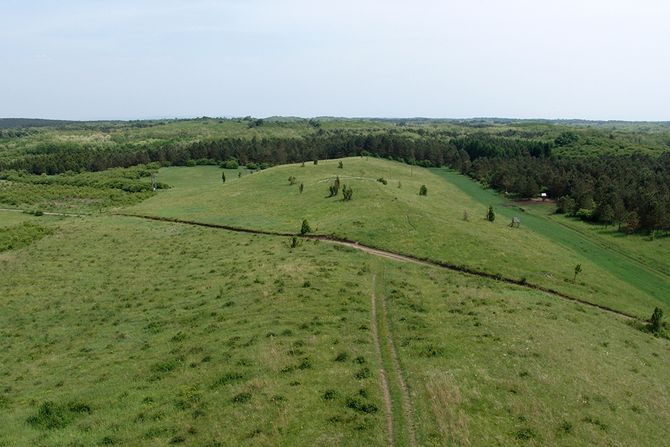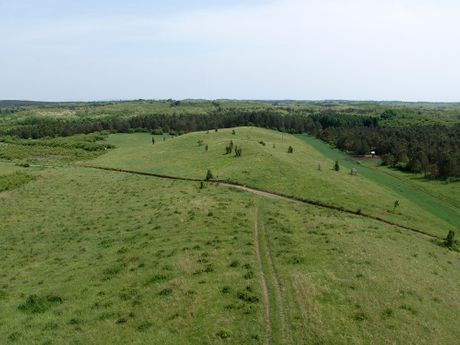
Photos of Deliblato Sands you could not even imagine: Another face of the European Sahara

In southern Banat, between the Danube and the southwestern slopes of the Carpathians, lies the Deliblato Sands (Serbian - Deliblatska Pescara), also known as the Banat Sands, which has been declared a Special Nature Reserve in Serbia.
It is located about 30 kilometers from Pancevo, near Bela Crkva. Since 2002, this site has been on the preliminary UNESCO list as an area of exceptional natural value.
Deliblato Sands is considered to be one of the last "deserts"in the whole of Europe.
Although it is often very difficult for us to even imagine that a real desert is so close to the Serbian capital, it certainly is, according to its geomorphological characteristics.
However, this desert differs from others in many ways. More than 900 species of plants survive in it, including 20 species of orchids. White and yellow water lilies can be seen in the areas near the Danube River, characteristic of marshland vegetation.
And the animal world is very rich. Deer, wild boar, wild ducks and geese are just some of the animals in the hunting ground that leans on the Danube.
As the last oasis of sand, steppe, forest and swamp vegetation that once dominated the Pannonian lowlands, Deliblato Sands is today one of the most important centers of biodiversity not only in Serbia but in the whole of Europe.
Photo: Ivan Strahinic
Video: Protest over migrants in Cardak: Commissariat gives up on accommodating them in Deliblato Sands
(Ona.rs)
Video: Obeležavanje krsne slave na Insitutu Dedinje
Telegraf.rs zadržava sva prava nad sadržajem. Za preuzimanje sadržaja pogledajte uputstva na stranici Uslovi korišćenja.

